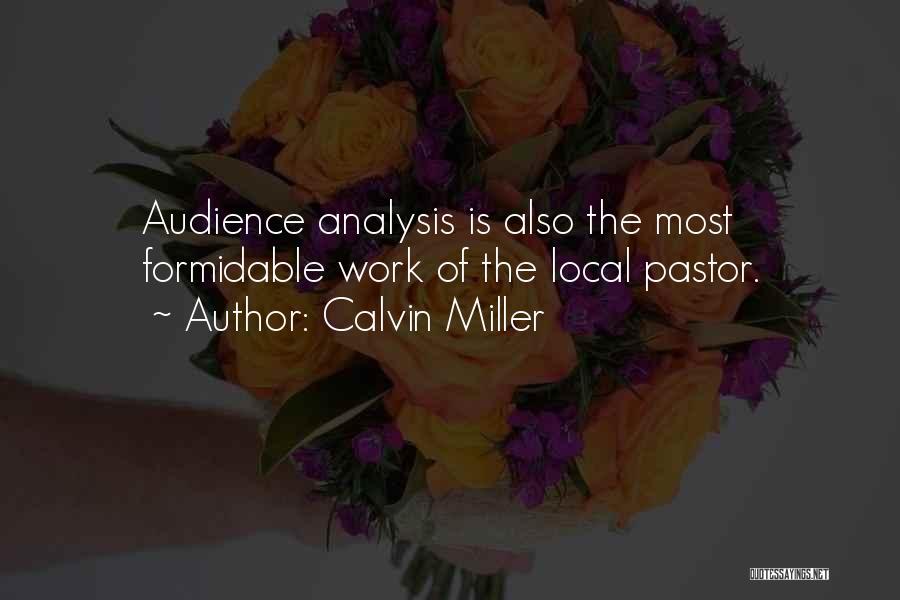Quotes & Sayings About Audience Analysis
Enjoy reading and share 8 famous quotes about Audience Analysis with everyone.
Top Audience Analysis Quotes
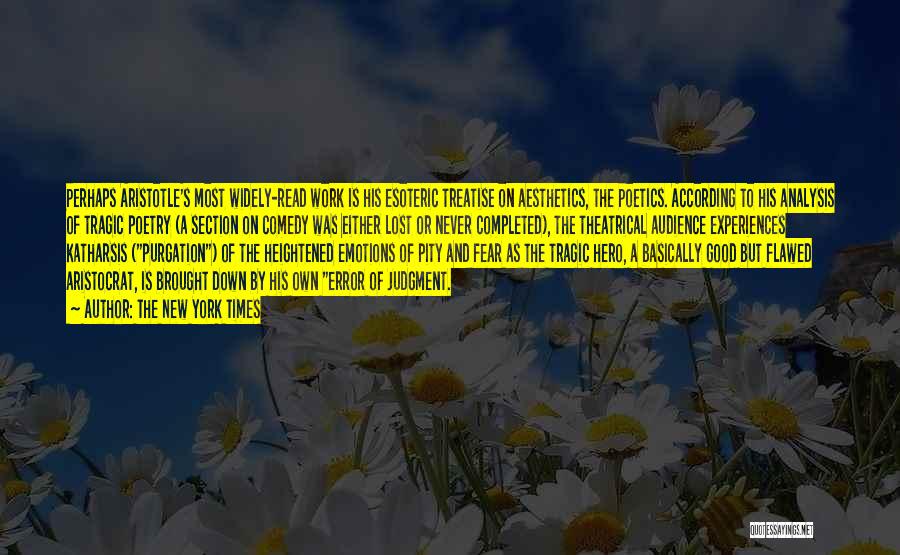
Perhaps Aristotle's most widely-read work is his esoteric treatise on aesthetics, the Poetics. According to his analysis of tragic poetry (a section on comedy was either lost or never completed), the theatrical audience experiences katharsis ("purgation") of the heightened emotions of pity and fear as the tragic hero, a basically good but flawed aristocrat, is brought down by his own "error of judgment. — The New York Times
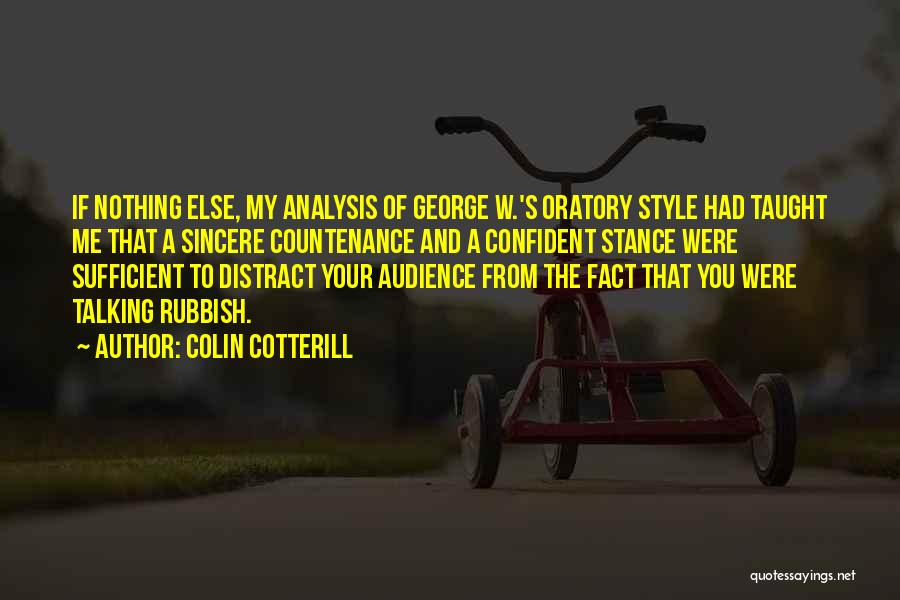
If nothing else, my analysis of George W.'s oratory style had taught me that a sincere countenance and a confident stance were sufficient to distract your audience from the fact that you were talking rubbish. — Colin Cotterill
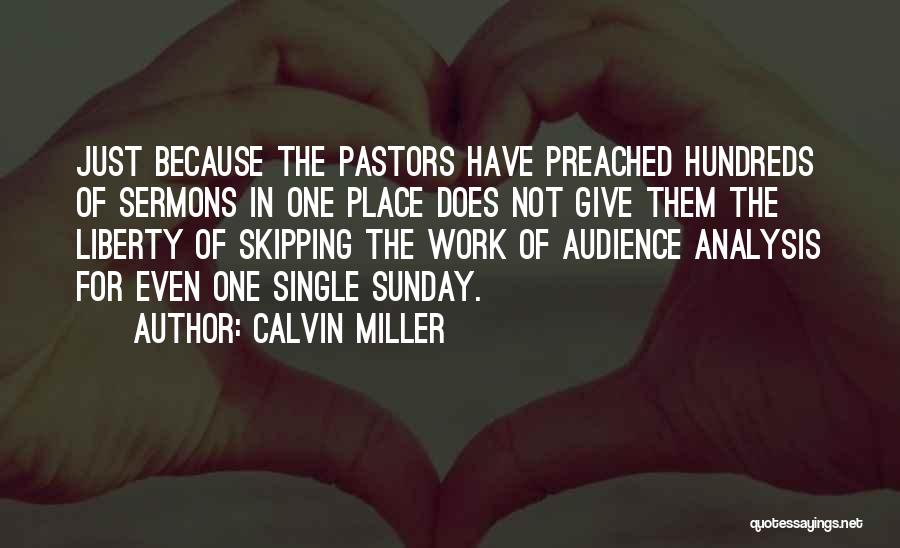
Just because the pastors have preached hundreds of sermons in one place does not give them the liberty of skipping the work of audience analysis for even one single Sunday. — Calvin Miller
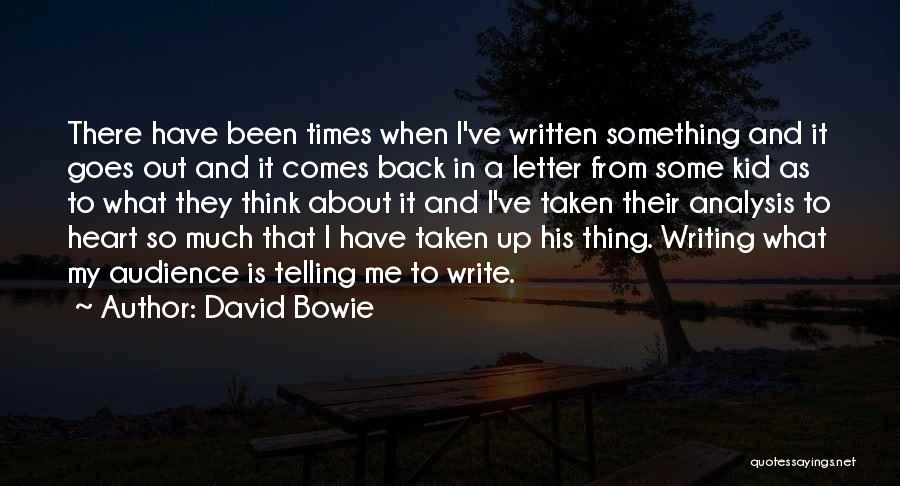
There have been times when I've written something and it goes out and it comes back in a letter from some kid as to what they think about it and I've taken their analysis to heart so much that I have taken up his thing. Writing what my audience is telling me to write. — David Bowie
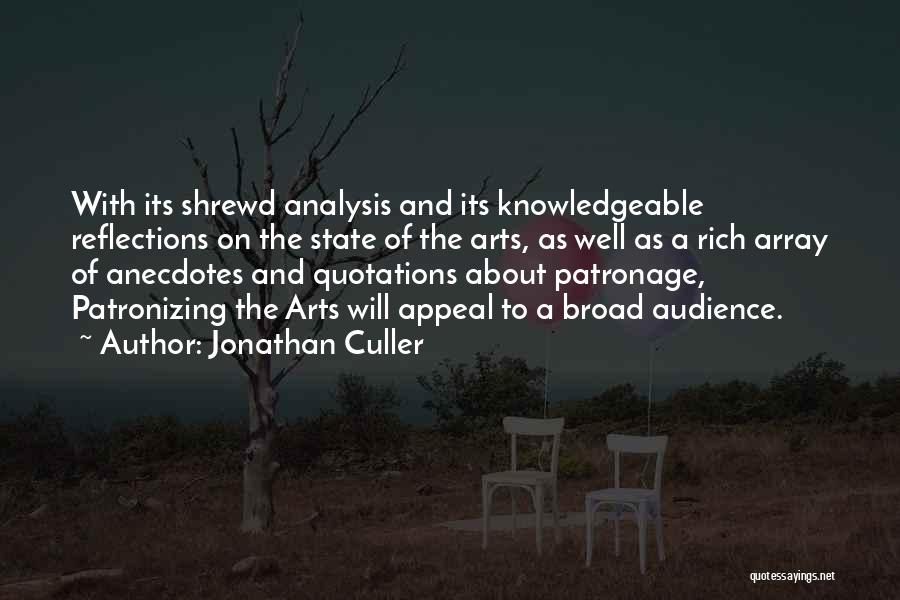
With its shrewd analysis and its knowledgeable reflections on the state of the arts, as well as a rich array of anecdotes and quotations about patronage, Patronizing the Arts will appeal to a broad audience. — Jonathan Culler
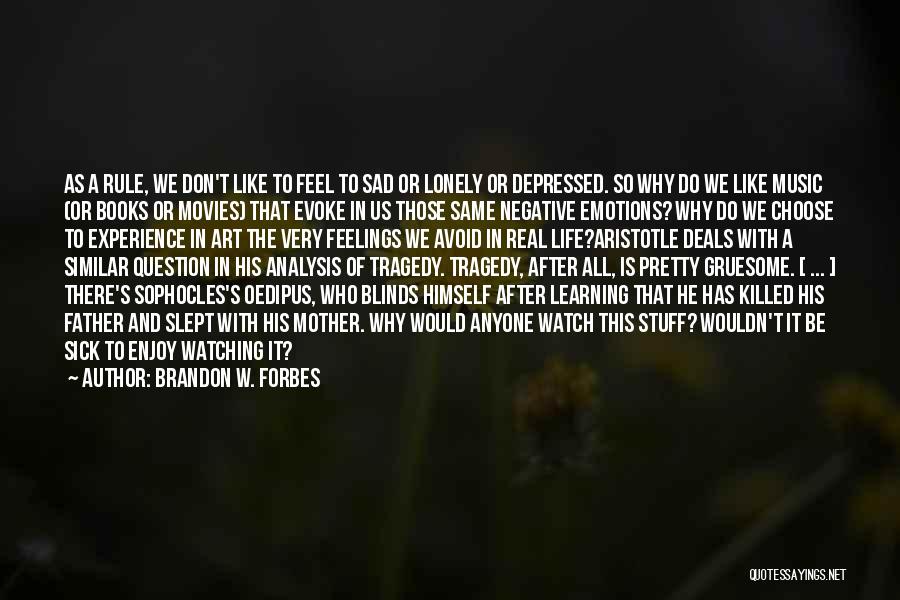
As a rule, we don't like to feel to sad or lonely or depressed. So why do we like music (or books or movies) that evoke in us those same negative emotions? Why do we choose to experience in art the very feelings we avoid in real life?
Aristotle deals with a similar question in his analysis of tragedy. Tragedy, after all, is pretty gruesome. [ ... ] There's Sophocles's Oedipus, who blinds himself after learning that he has killed his father and slept with his mother. Why would anyone watch this stuff? Wouldn't it be sick to enjoy watching it? [ ... ] Tragedy's pleasure doesn't make us feel "good" in any straightforward sense. On the contrary, Aristotle says, the real goal of tragedy is to evoke pity and fear in the audience. Now, to speak of the pleasure of pity and fear is almost oxymoronic. But the point of bringing about these emotions is to achieve catharsis of them - a cleansing, a purification, a purging, or release. Catharsis is at the core of tragedy's appeal. — Brandon W. Forbes
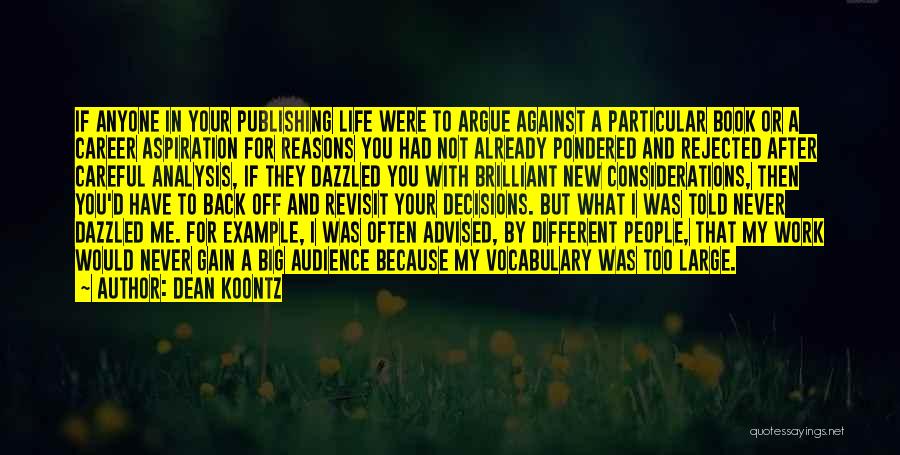
If anyone in your publishing life were to argue against a particular book or a career aspiration for reasons you had not already pondered and rejected after careful analysis, if they dazzled you with brilliant new considerations, then you'd have to back off and revisit your decisions. But what I was told never dazzled me. For example, I was often advised, by different people, that my work would never gain a big audience because my vocabulary was too large. — Dean Koontz






